SuperEx丨2024: Innovation and Cross-Industry Applications of NFTs
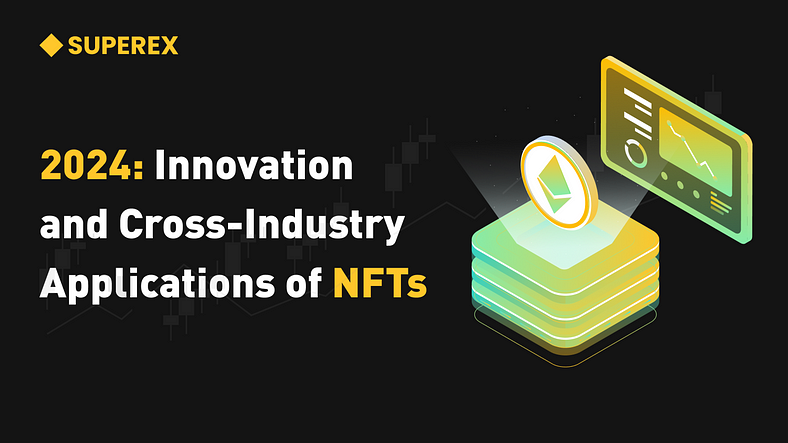
#SuperEx #NFTs #Crypto
In the second half of 2024, the NFT landscape continues to evolve, branching out from its initial associations with digital art and collectibles into diverse industries and applications. NFTs (Non-Fungible Tokens), which represent unique digital assets on the blockchain, have emerged as a transformative technology with growing use cases in entertainment, real estate, fashion, and more. With increasing acceptance and innovative cross-industry integrations, NFTs are reshaping business models, engaging consumers, and creating entirely new ecosystems.
- Click to register SuperEx
- Click to download the SuperEx APP
- Click to enter SuperEx CMC
- Click to enter SuperEx DAO Academy — Space

1. NFTs in Entertainment: Redefining Fan Engagement and Monetization
The entertainment industry has long been an early adopter of NFT technology, but recent developments showcase deeper integrations. In 2024, NFTs have become central to new fan engagement models. Musicians, for example, are offering NFTs as unique experiences — allowing fans to attend exclusive events, receive behind-the-scenes content, or even own a share of music royalties. Artists like Grimes and Steve Aoki have experimented with these models, offering fans an unprecedented level of involvement and access to their favorite creators.
NFTs also play a role in the evolving gaming industry. Game developers are creating NFTs that serve as in-game assets, like unique avatars, weaponry, and skins that players can truly own and even sell on secondary markets. Blockchain-based games like Axie Infinity and The Sandbox are expanding this model, where players earn NFTs that hold real-world value, blurring the line between playing and earning.
2. Real Estate and Virtual Land: Physical and Digital Worlds Converge
One of the most striking developments is the application of NFTs in real estate. Property developers and real estate firms have begun using NFTs to represent property ownership, making transactions faster, more transparent, and potentially less costly. For example, blockchain platforms now facilitate fractional ownership of physical real estate through NFTs, allowing more investors to participate in real estate without needing significant capital upfront.
Meanwhile, virtual real estate in the metaverse remains an area of immense interest. Virtual platforms like Decentraland and Cryptovoxels offer users the ability to buy, develop, and monetize digital land as NFTs. These assets allow brands, creators, and users to establish virtual spaces that host events, sell products, and engage in social activities. In 2024, this virtual real estate model continues to gain momentum, especially among fashion brands and artists looking to create immersive digital experiences for fans.
3. Fashion and Luxury Brands: Authenticity, Exclusivity, and Sustainability
NFTs have taken the fashion industry by storm, addressing issues around authenticity, exclusivity, and sustainability. Luxury brands like Gucci, Prada, and Louis Vuitton are issuing NFTs that act as digital proof of authenticity and ownership. For example, an NFT linked to a high-end handbag serves as a verifiable digital certificate that confirms its originality. This innovation has the potential to combat counterfeiting, an ongoing issue in the luxury industry, by offering traceable and tamper-proof ownership records on the blockchain.
Furthermore, fashion NFTs enable brands to explore sustainable practices. Digital fashion items, such as clothes and accessories that exist purely in the virtual world, cater to a growing demographic of eco-conscious consumers. Platforms like DressX offer digital clothing NFTs that users can “wear” in photos or avatars, minimizing the waste associated with physical production. With increasing interest in the metaverse, these virtual assets are becoming highly desirable as people look to curate digital identities.
4. Sports and Memorabilia: A New Era of Collectibles and Fan Interaction
The sports industry, too, has embraced NFTs, leveraging them to deepen fan engagement and create new revenue streams. In 2024, sports organizations and leagues like the NBA and UEFA are releasing limited-edition NFT collectibles featuring player highlights, team memorabilia, and iconic moments. These digital collectibles, similar to trading cards, allow fans to own a piece of sports history. Additionally, sports NFTs often come with perks, such as VIP access to games or exclusive interactions with athletes, thus enhancing the fan experience.
Platforms like Sorare and NBA Top Shot have paved the way for this model, enabling fans to trade and interact with NFTs as part of a broader digital sports ecosystem. With more athletes and teams joining the NFT market, the sports NFT economy is poised for continued growth.
5. Intellectual Property and Content Ownership: Redefining Digital Rights
NFTs offer a powerful solution for managing intellectual property rights, especially for digital content creators. In the current landscape, creators often struggle to retain control over their work due to piracy and lack of transparency in royalty distributions. NFTs can be programmed to ensure that creators receive royalties each time their content is resold. Platforms like Royal are empowering musicians to sell shares of their royalties as NFTs, giving fans a chance to invest in their favorite artists while providing a more sustainable income model for creators.
For writers, photographers, and digital artists, NFTs provide a platform for securely distributing and monetizing their work. Each NFT transaction is recorded on the blockchain, creating an immutable record of ownership and royalties. This model could redefine the traditional copyright and licensing systems, paving the way for fairer compensation and greater control for creators.
6. Education and Certifications: Secure and Verifiable Credentials
NFTs are finding their way into education, where they offer a solution for secure and verifiable credentials. Academic institutions are exploring NFTs to issue diplomas, certificates, and other qualifications. By minting these achievements as NFTs, students gain a digital, tamper-proof record of their accomplishments. This record can be easily shared with employers and other institutions, simplifying the verification process and reducing fraud.
Platforms like Learning Economy Foundation are pioneering NFT-based educational credentials, allowing students to maintain lifelong, verifiable records of their educational journey. As digital transformation continues to reshape education, NFTs provide a secure and innovative way to validate skills and achievements.
7. Future Prospects and Challenges
While NFTs have demonstrated significant potential across multiple sectors, challenges remain. Regulatory uncertainty persists as governments and regulatory bodies worldwide grapple with how to classify and control NFTs. Issues around intellectual property rights, market volatility, and environmental concerns regarding blockchain’s energy consumption are also at the forefront.
Yet, despite these challenges, the adoption and innovation surrounding NFTs in 2024 indicate a promising future. As more industries recognize the value of NFTs and work to address these issues, NFTs are likely to become a staple in both digital and physical economies.
Conclusion
As we move through 2024, NFTs are expanding beyond their original scope and integrating into diverse industries, driving innovations that were once unimaginable. From redefining property ownership in real estate to offering secure digital credentials in education, NFTs have moved well beyond a niche market. The cross-industry applications of NFTs showcase their versatility and potential to revolutionize how we interact with both digital and physical assets.
In short, NFTs are not merely a trend — they are establishing a foundational framework for new economic models. As more sectors adopt and adapt NFT technology, they are unlocking unprecedented levels of ownership, access, and engagement, bringing us closer to a more decentralized and digitally connected world.


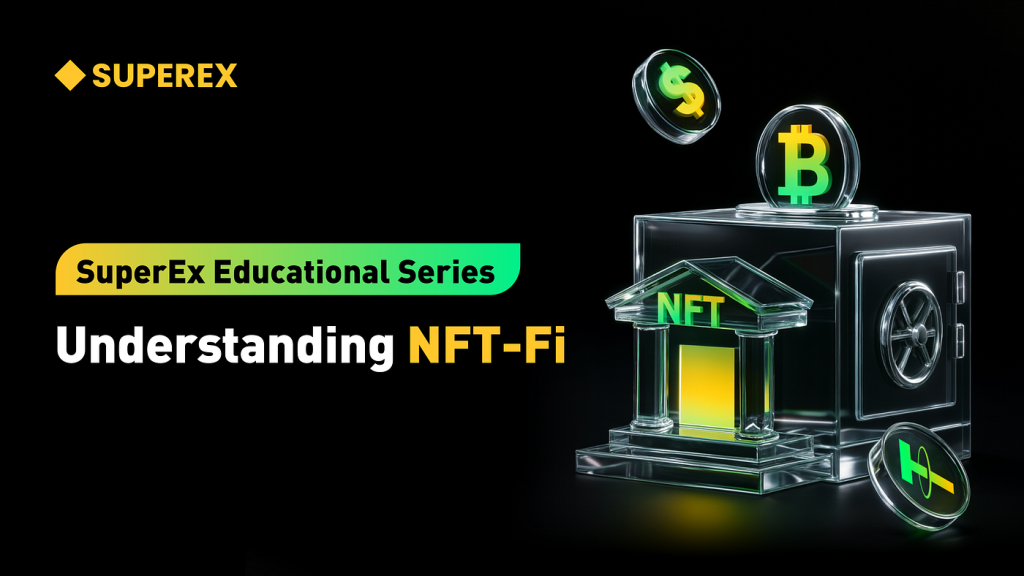
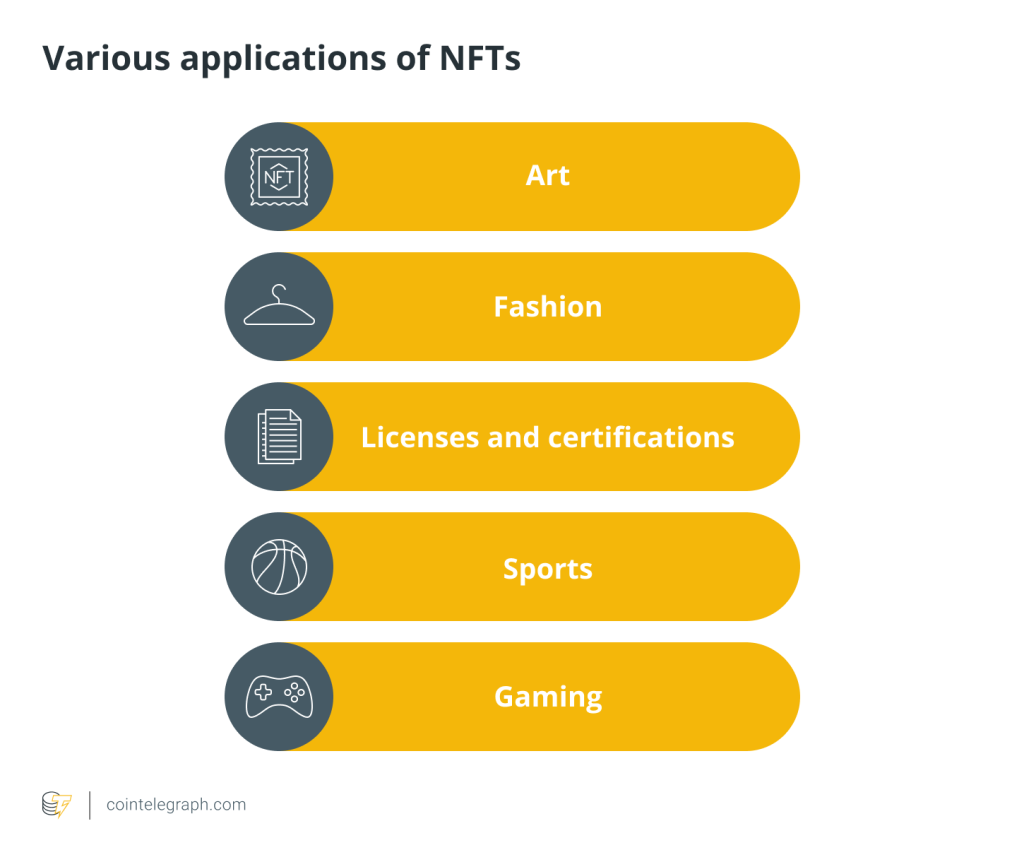
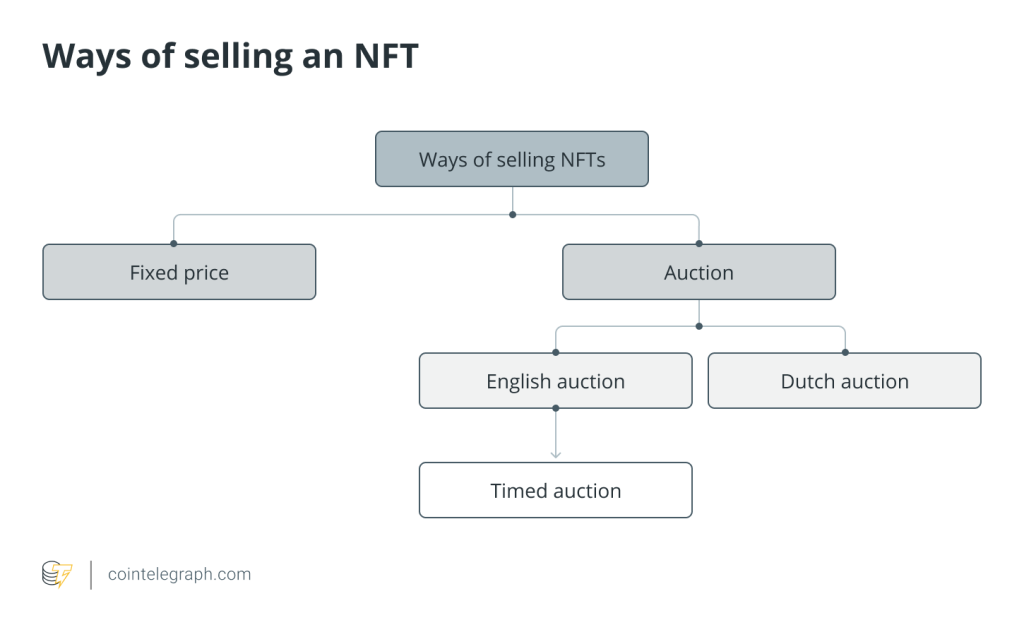
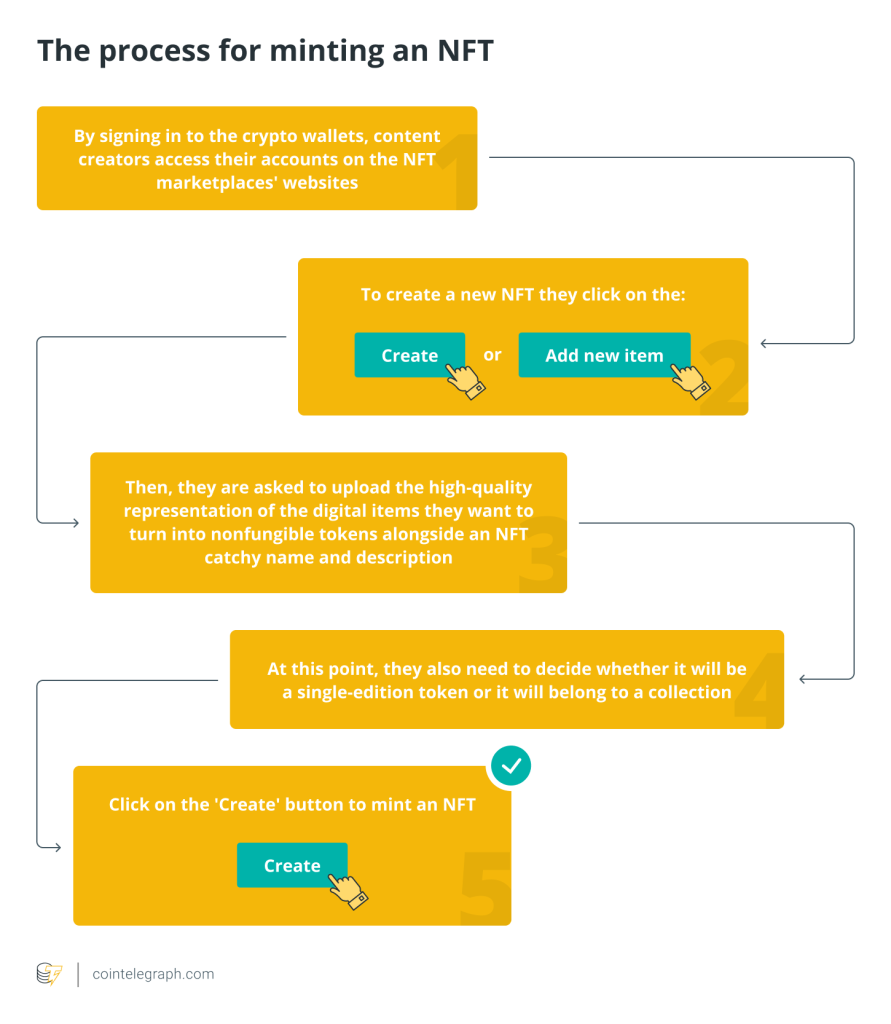
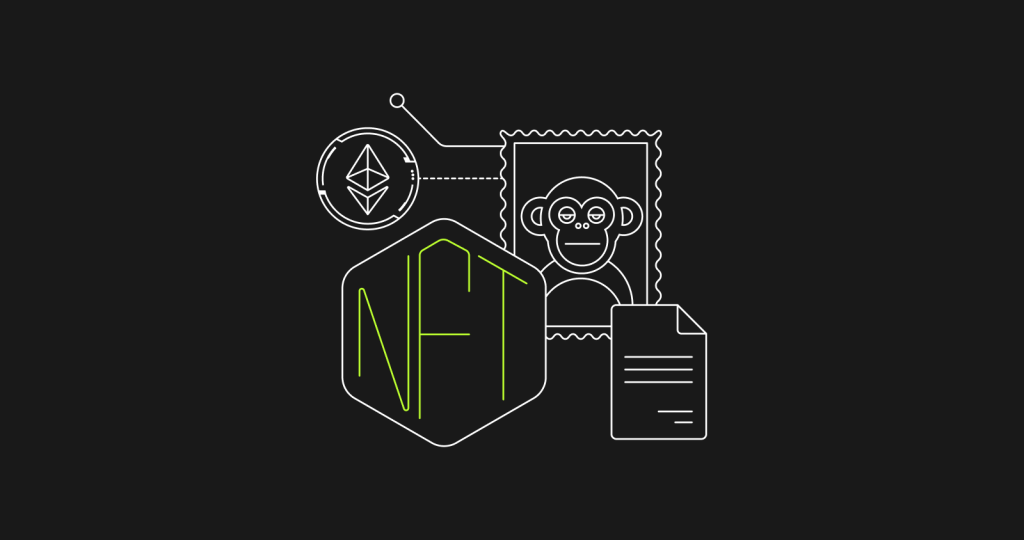
Responses